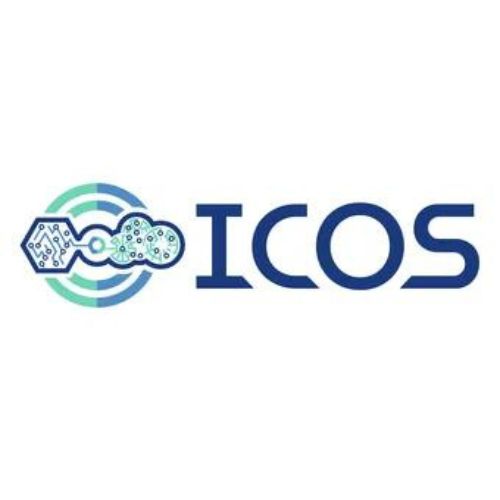Operating system for next-gen edge and cloud computing
Building an extensive ecosystem where the Internet of Things, edge and cloud resources come together to form a computing continuum will fundamentally change computing. A major step in achieving this is to introduce an extended, open, secure, reliable and adaptable technology-agnostic approach and a substantially more comprehensive management strategy that covers the entire continuum. The EU-funded ICOS project aims to design, develop and validate a meta-operating system for such a continuum. It will address several challenges: device volatility and heterogeneity; continuum infrastructure virtualisation and diverse network connectivity; optimised and scalable service execution and performance; and resource consumption. ICOS will also tackle security, privacy and trust.
Project Objective
The unstoppable proliferation of novel computing and sensing device technologies, and the ever-growing demand for data-intensive applications in the edge and cloud, are driving a paradigm shift in computing around dynamic, intelligent and yet seamless interconnection of IoT, edge and cloud resources, in one single computing system to form a continuum. Many research initiatives have focused on deploying a sort of management plane intended to properly manage the continuum. Simultaneously, several solutions exist aimed at managing edge and cloud systems through not suitably addressing the whole continuum challenges though. The next step is, with no doubt, the design of an extended, open, secure, trustable, adaptable, technology agnostic and much more complete management strategy, covering the full continuum, i.e. IoT-to-edge-to-cloud, with a clear focus on the network connecting the whole stack, leveraging off-the-shell technologies (e.g. AI, data, etc.), but also open to accommodate novel services as technology progress goes on. The ICOS project aims at covering the set of challenges coming up when addressing this continuum paradigm, proposing an approach embedding a well-defined set of functionalities, ending up in the definition of an IoT2cloud Operating System (ICOS). Indeed, the main objective of the project ICOS is to design, develop and validate a meta-operating system for a continuum, by addressing the challenges of: i) devices volatility and heterogeneity, continuum infrastructure virtualization and diverse network connectivity; ii) optimized and scalable service execution and performance, as well as resources consumptions, including power consumption; iii) guaranteed trust, security and privacy, and; iv) reduction of integration costs and effective mitigation of cloud provider lock-in effects, in a data-driven system built upon the principles of openness, adaptability, data sharing and a future edge market scenario for services and data.
